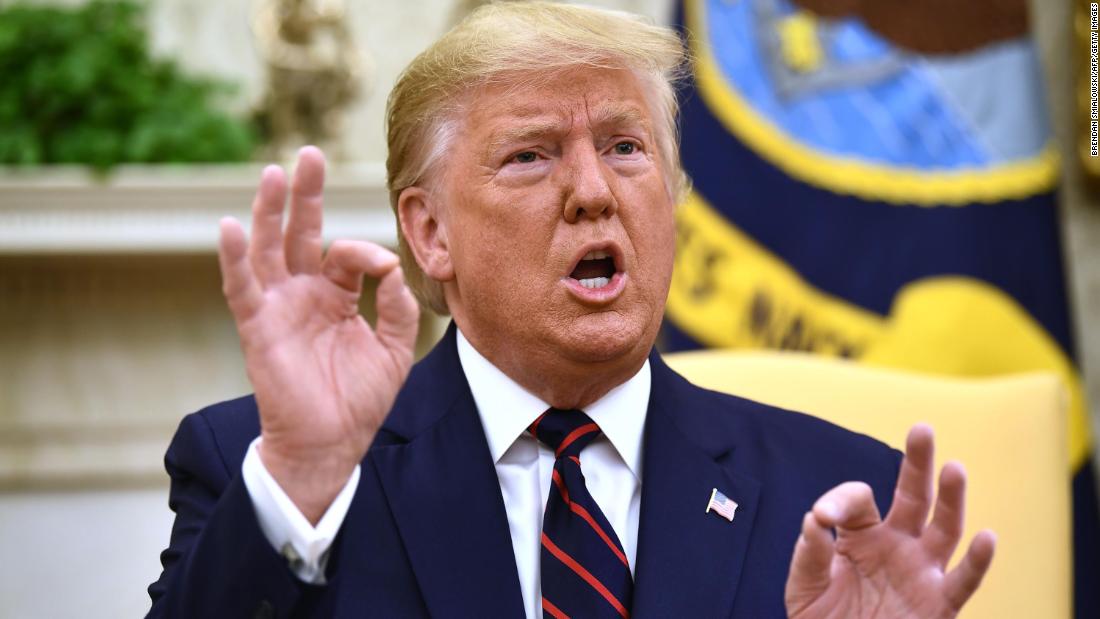[ad_1]
When Donald Trump got on the phone with the president of Ukraine, he had a “favor” to ask. It’s not the first time he’s reached out to a world leader for personal gain and he has made it clear he sees nothing at all wrong with it.
It is rare to get such a real-time look at presidential conversations with foreign leaders. As historians of US foreign relations, collectively we have read many thousands of similar documents from past presidents. We have also listened to audio tapes of conversations between presidents and their international counterparts. In our numerous books on presidents from George Washington to Barack Obama, we have examined how American leaders conduct US foreign policy — the good, bad, and ugly. Nothing really surprises us anymore.
Until now.
Trump’s documentary record differs dramatically from his predecessors. A worrisome thread runs through each conversation. Trump appears laser-focused on his own fortunes to the exclusion of the national security of the United States. Unfortunately, this is part of a larger and startling pattern of Trump promoting his personal agenda ahead of the nation’s interests.
In the history of American foreign relations, we are unaware of any prior case — in 230 years — of a president asking a foreign leader to intervene in American domestic politics.
When Turnbull tried to turn the conversation to urgent matters of grave concern, namely the war in Syria and the nuclear ambitions of North Korea, Trump was not interested. He squeezed in one last complaint about how the refugee deal was “an embarrassment to me.” Then he hung up.
To be sure, Trump is hardly the first president to fret about how international problems affect how he is perceived at home. Presidents always keep one eye on domestic politics when making foreign policy decisions. But Trump’s actions are different. In these conversations there is little discussion of the national interest. His conversations are about him, his image and his needs. He turns policy meetings into short-term political deals with no thought about long-term consequences. He repeatedly stresses how much he values reciprocity but frames it in terms of what he gets personally. No other president has acted with so little evident regard for the nation’s core interests.
Finally, Trump repeatedly gives foreign leaders incriminating evidence they can use against him. In asking Zelensky to assist in undermining a likely campaign opponent, Trump made what his advisers recognized as an unconstitutional request. The mere fact gave Zelensky leverage over Trump, should he choose to use it. In much the same way, the Trump campaign’s outreach to Russia in 2016 provided Vladimir Putin with compromising material to hold over the future president of the United States. Trump’s personalization of diplomacy weakens him and undermines our security.
The revelations of this past week, and the patterns manifest in Trump’s own words over the past three years, suggest we cannot trust that experienced senior advisers will tame this presidency, as many had hoped. We must evaluate the Zelensky transcript and the whistleblower report alongside previous evidence that our president is unable and unwilling to place the nation’s interests above his own.
No one knows if Congress will decide that these actions rise to level of impeachable “high crimes and misdemeanors.” We do know history will judge them harshly, because Donald Trump is not fulfilling the most solemn duty of every president: to protect the nation’s security.
[ad_2]
Source link




